KernelCare 2.43-2 released
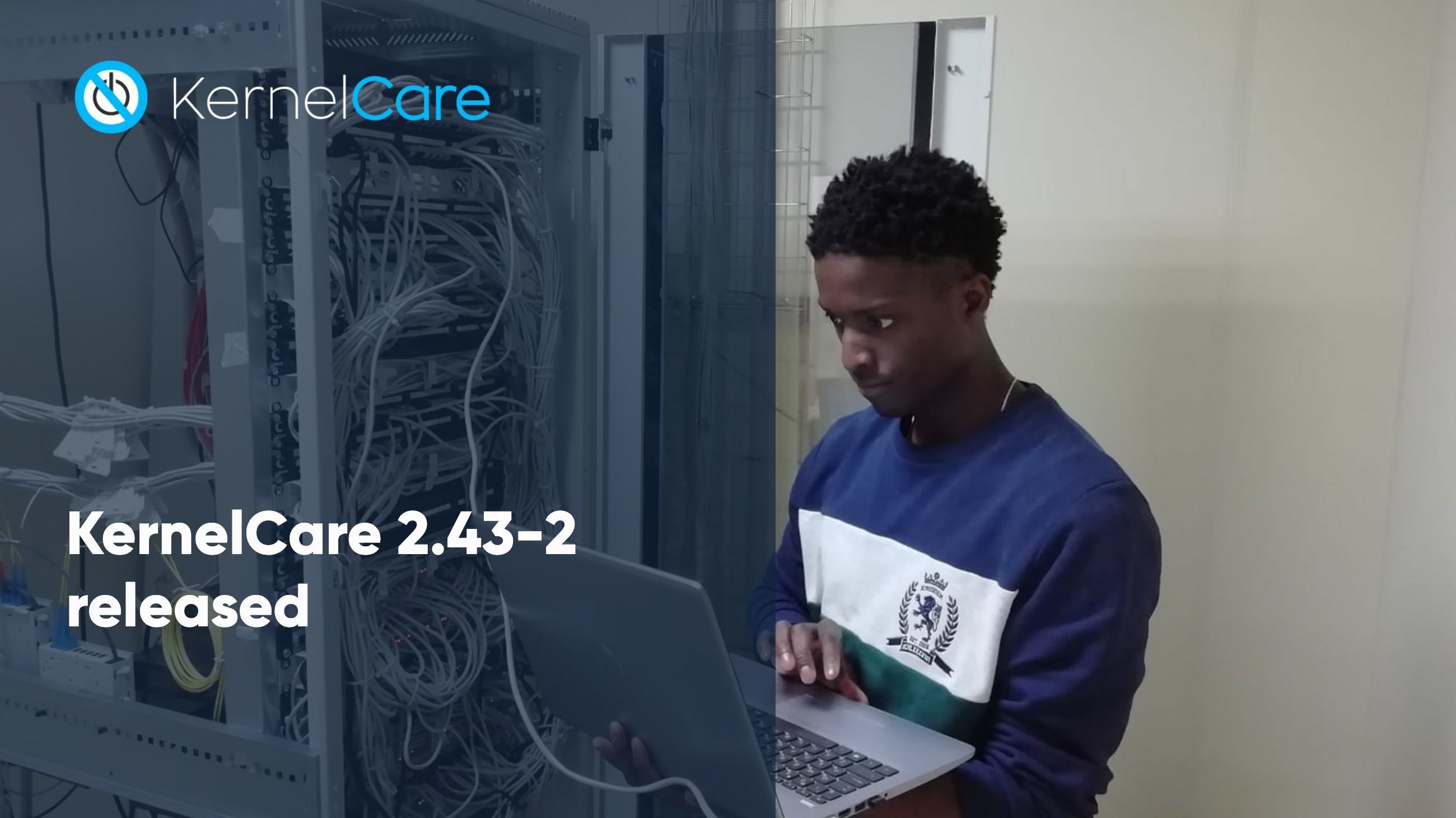
The KernelCare team is proud to announce the release of KernelCare 2.43-2, bringing new features and bug fixes to the enterprise’s live patching tool of choice. This follows the recent update to ePortal, and signals KernelCare’s continued commitment to support and maintain this important and widely used enterprise tool, giving users the confidence to continue to depend on it for their live patching needs.
Cryptominers Could Be Right Inside Your PostgreSQL Database
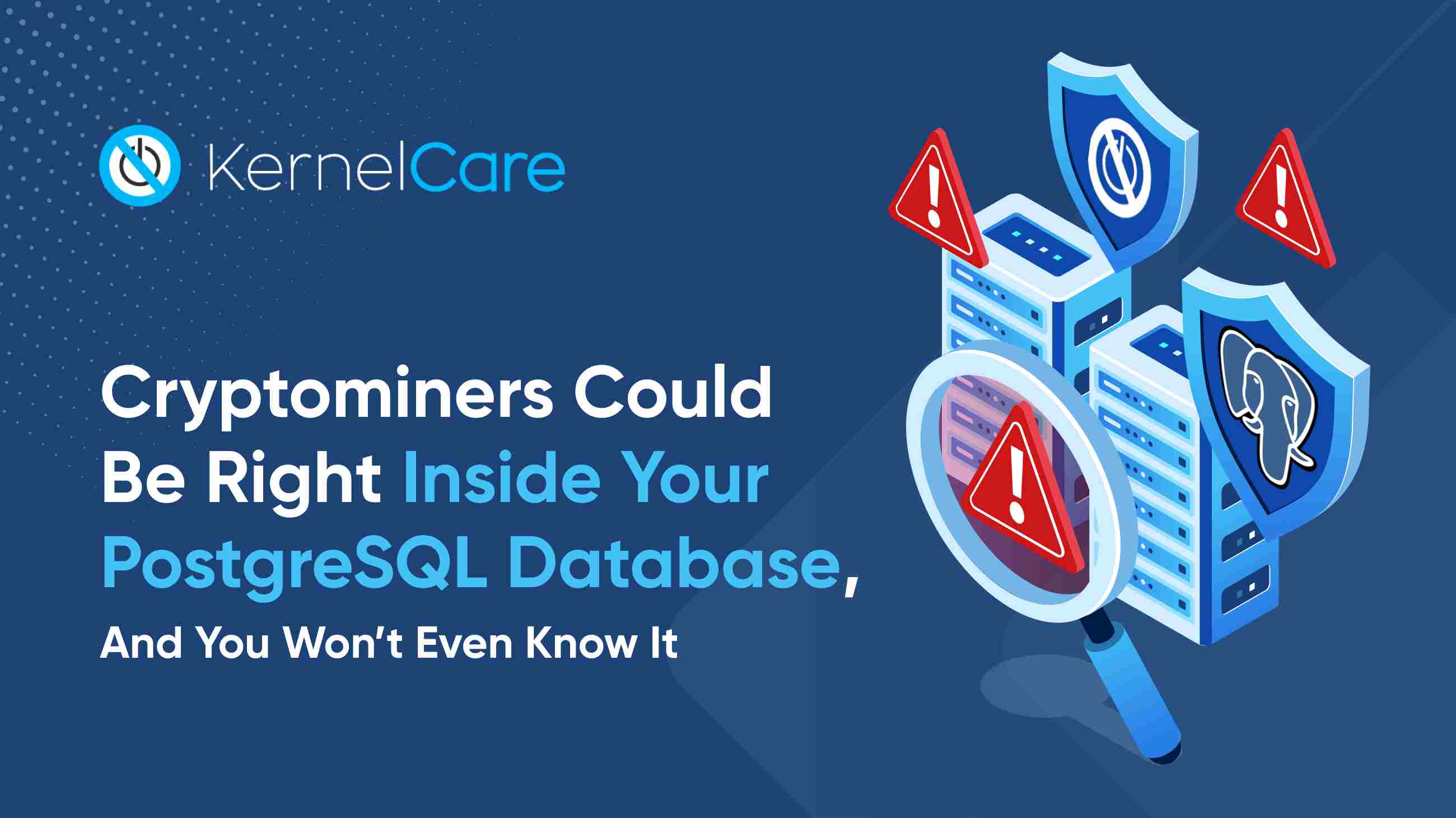 Malware takes different shapes and forms. Some malware is immediately damaging. Think about an all-encompassing ransomware attack that locks up all of your data, for example. Other types of malware sneaks in without being noticed. Sneaky, insidious malware can lead to long-term financial consequences and, even worse, reputational damage. It is arguably more dangerous than obvious malware that alerts you to its presence.
Malware takes different shapes and forms. Some malware is immediately damaging. Think about an all-encompassing ransomware attack that locks up all of your data, for example. Other types of malware sneaks in without being noticed. Sneaky, insidious malware can lead to long-term financial consequences and, even worse, reputational damage. It is arguably more dangerous than obvious malware that alerts you to its presence.
Open-sourced & Community-driven RHEL Fork by CloudLinux OS Creators
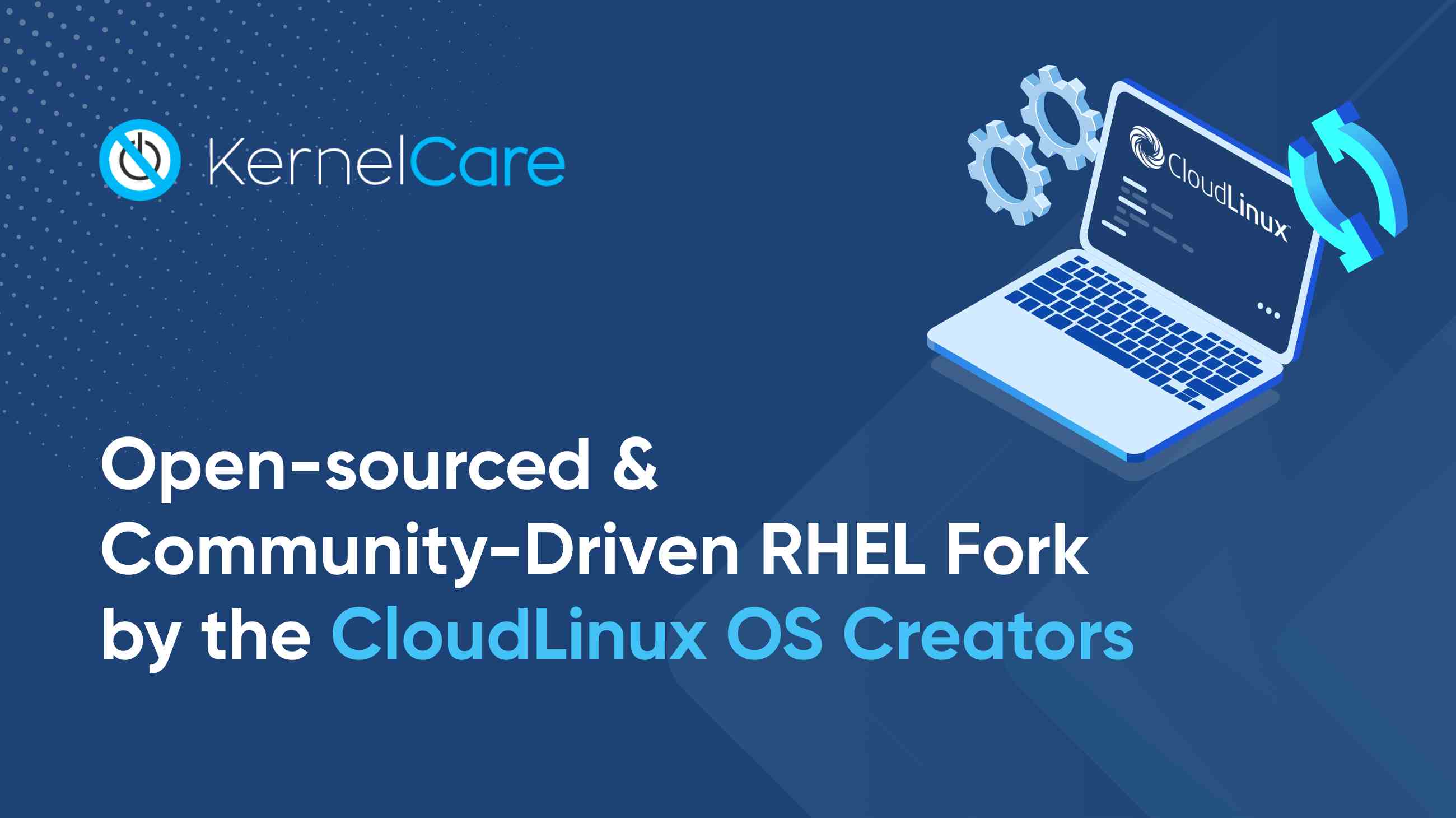 CentOS is a fork of Red Hat Enterprise Linux (RHEL) and undoubtedly a popular choice to deploy on production servers because of its rock-solid stability and compatibility. But, now with CentOS Stream, Red Hat just killed CentOS as we know it. And as expected, people started to fork Red Hat to give a viable community-based alternative to RHEL.
CentOS is a fork of Red Hat Enterprise Linux (RHEL) and undoubtedly a popular choice to deploy on production servers because of its rock-solid stability and compatibility. But, now with CentOS Stream, Red Hat just killed CentOS as we know it. And as expected, people started to fork Red Hat to give a viable community-based alternative to RHEL.
As we already maintain CloudLinux OS, we plan to release a free, open-sourced, community-driven, 1:1 binary compatible fork of RHEL® 8 (and future releases) in the Q1 of 2021. We will create a separate, totally free operating system (OS) that is fully binary compatible with RHEL® 8 (and future versions). We will sponsor the development & maintenance of such OS and work on establishing a community around this OS, with the governing board from members of the community.
KernelCare ePortal 1.17-1 Mandatory Upgrade
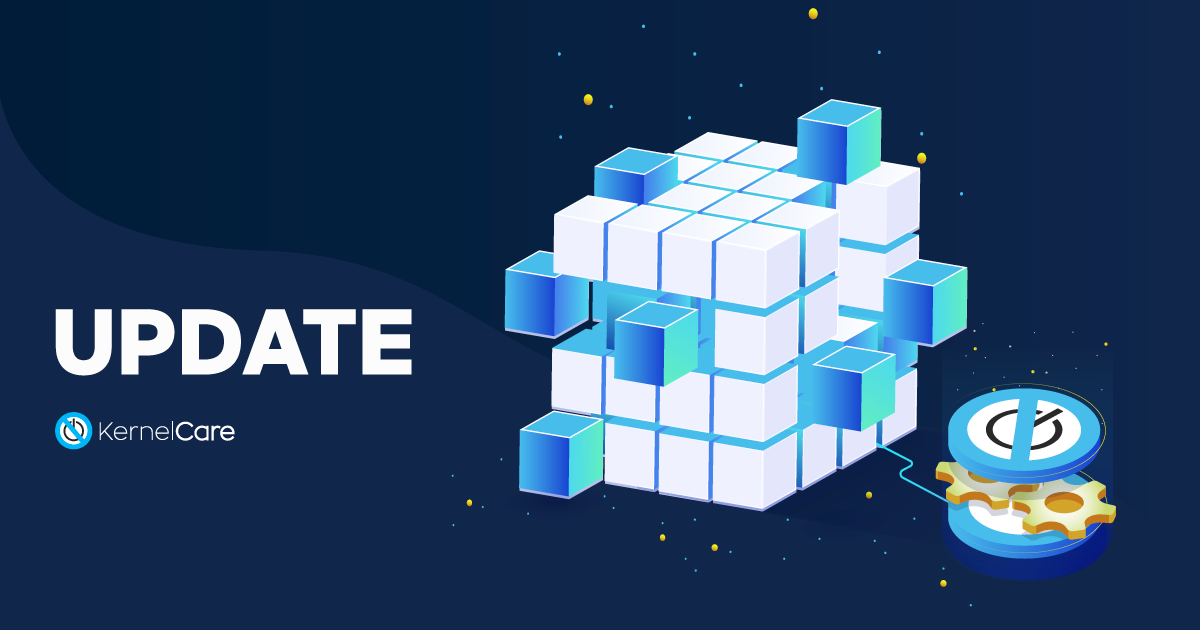 The new ePortal version being released today. We strongly emphasise our ePortal based customers to upgrade to ePortal 1.17-1.
The new ePortal version being released today. We strongly emphasise our ePortal based customers to upgrade to ePortal 1.17-1.
KernelCare ePortal 1.16-1 release is here

Upcoming ePortal 1.16-1 release candidate will include:
Reminder to upgrade old KernelCare agent
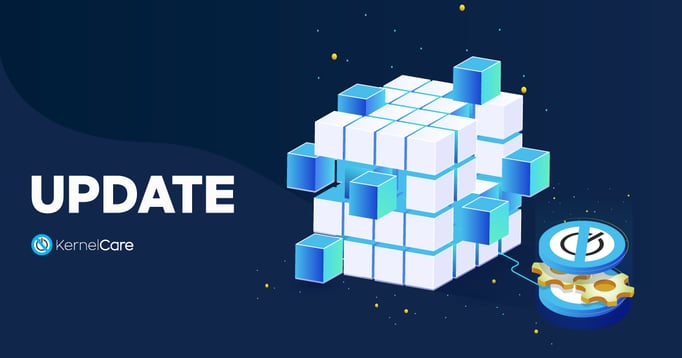
Behind the Scenes at KernelCare: How We Test Patches Before Release
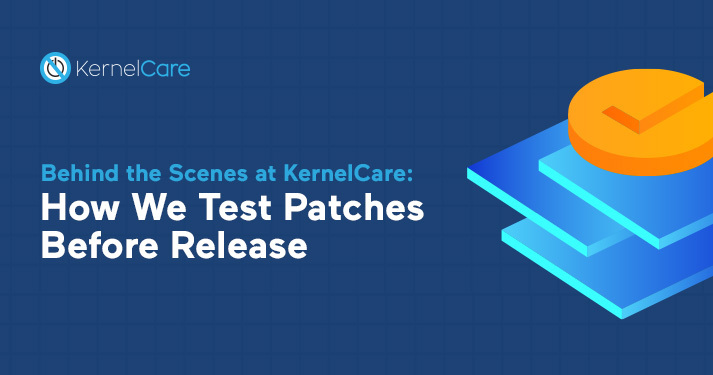
Testing is essential for any software update including patches, but it’s even more essential when changes are made to critical infrastructure that powers revenue-impacting services. Release of security updates that are not thoroughly tested may result in kernel crashes, operating system reboots, system- or service-level failures - some of these aftermaths are critical and some just unpleasant, but all of them can hurt your business and service-level agreements. KernelCare has a strict testing process every patch must go through before it’s deployed to production, and this article details how we ensure customer infrastructure reliability and uptime after patch deployments.
KernelCare Supports Automated Live Patching for Ubuntu 20.04
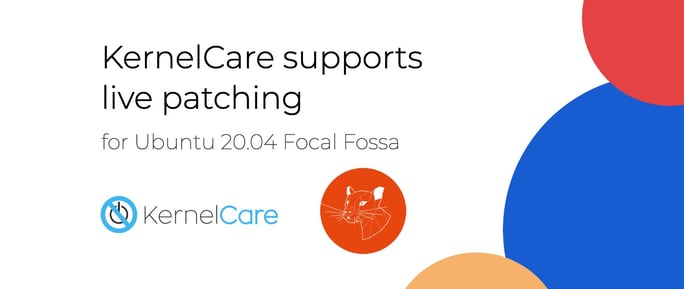
We are glad to announce that KernelCare now supports automated live patching for Ubuntu 20.04 "Focal Fossa".










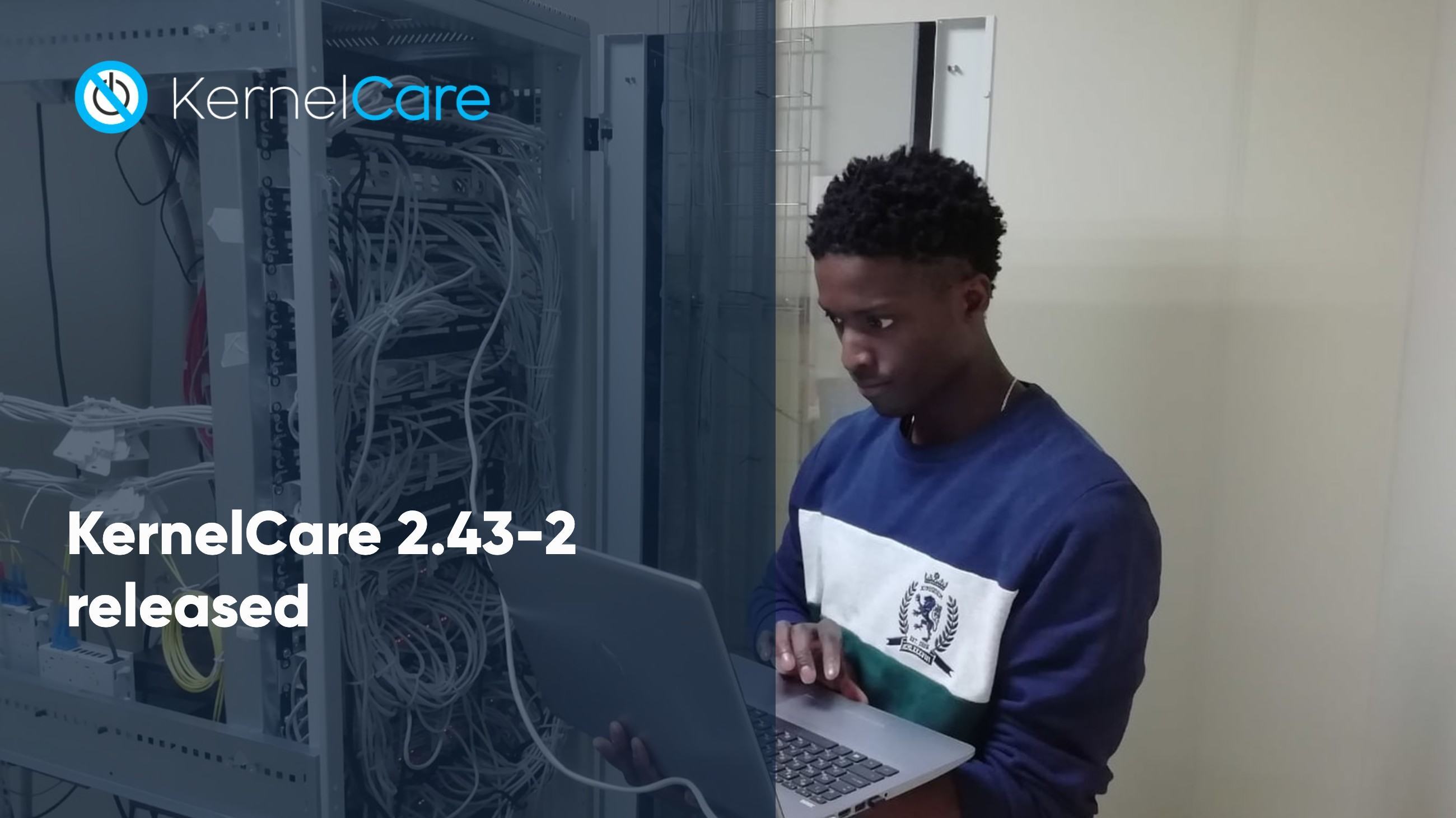
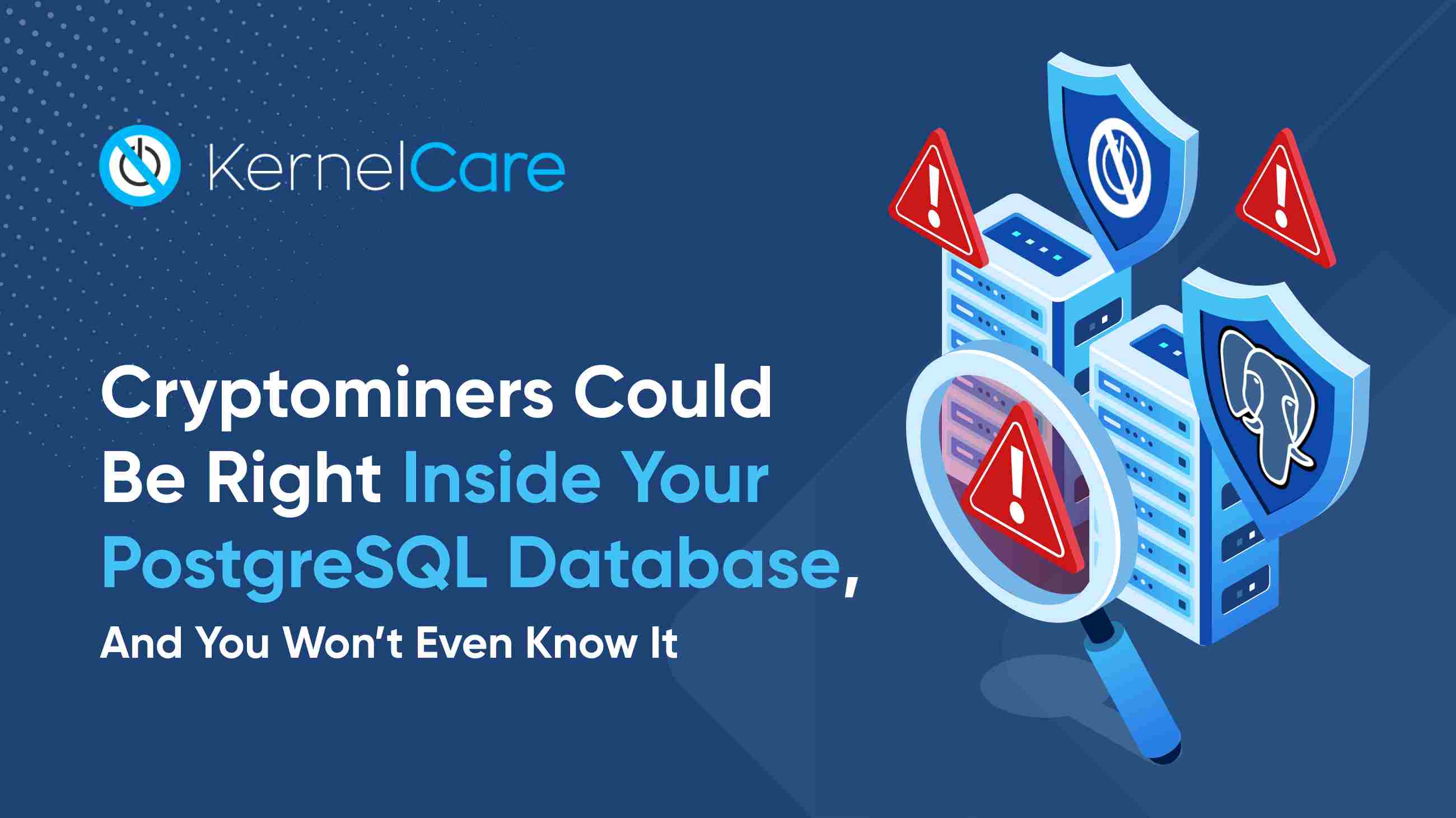
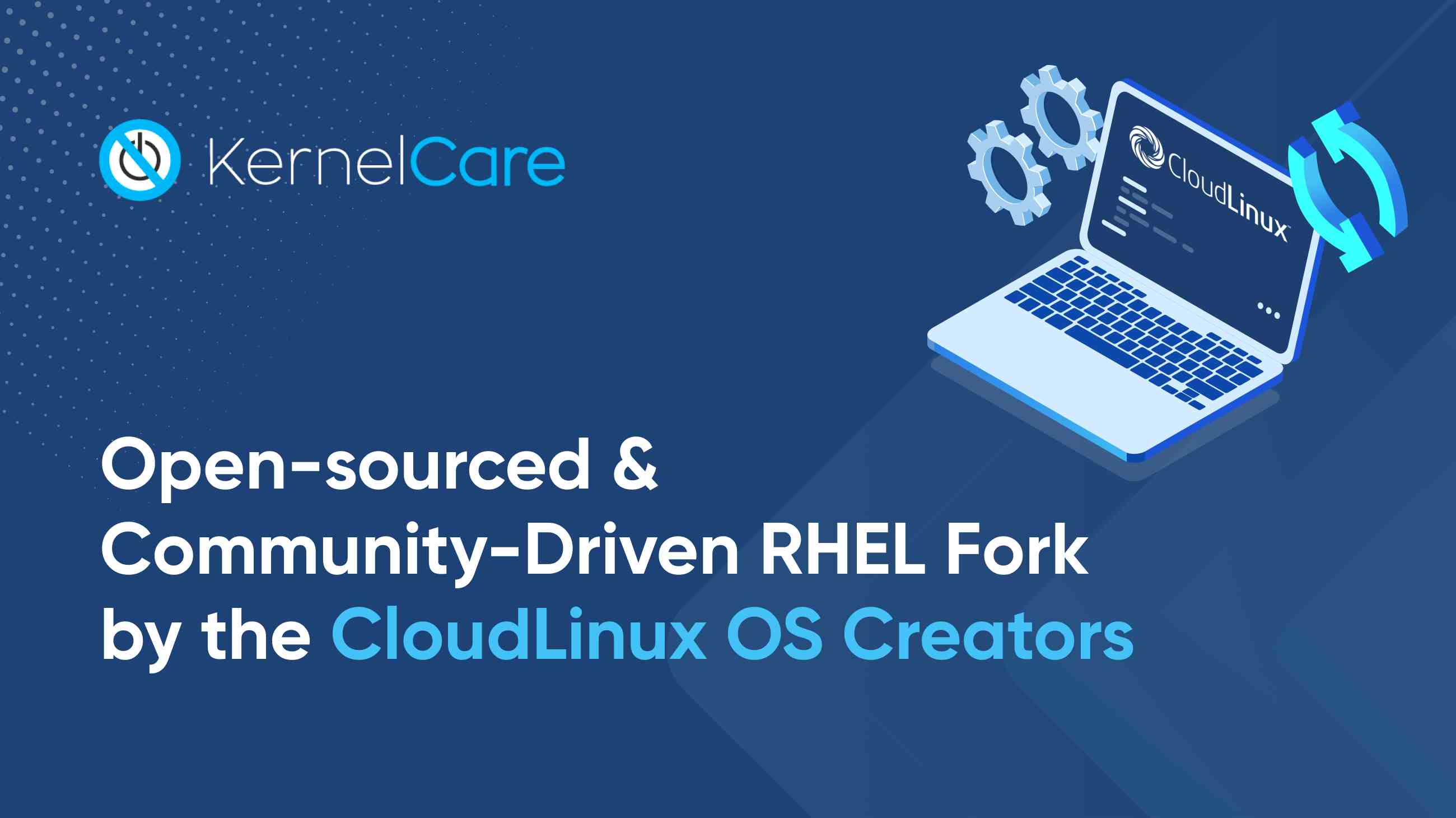
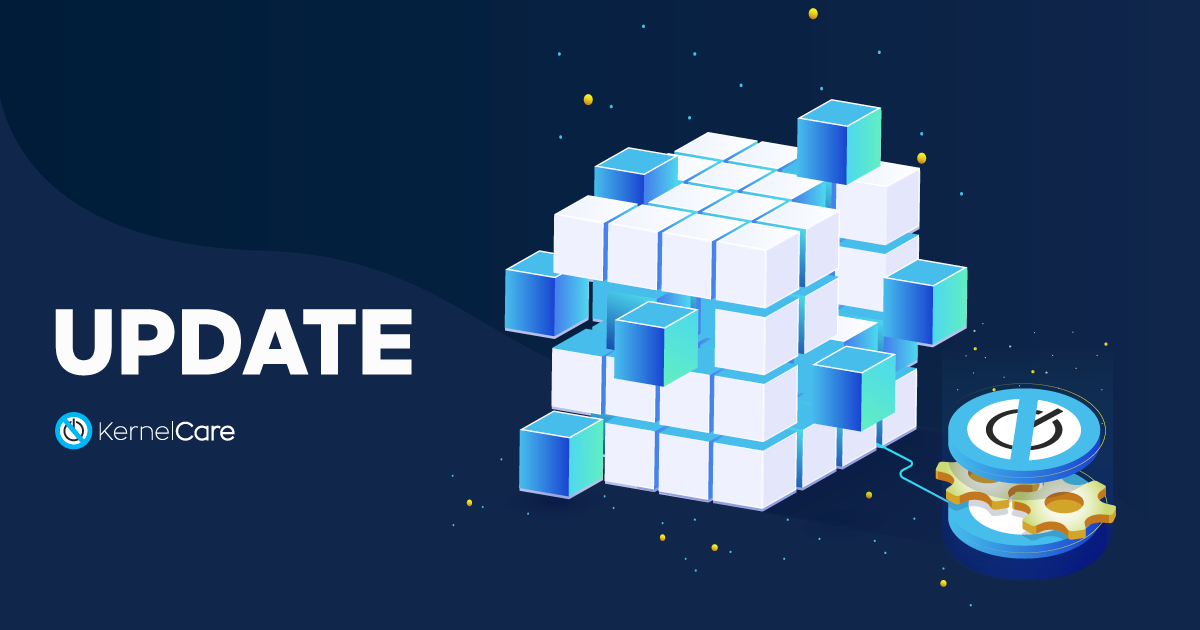

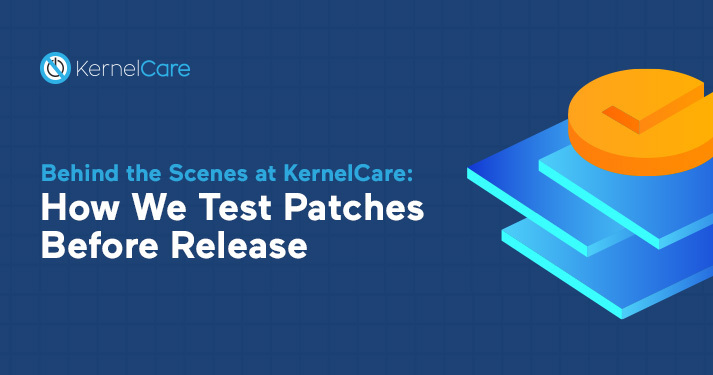
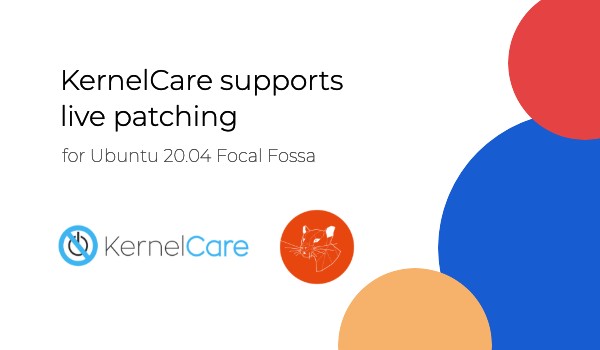
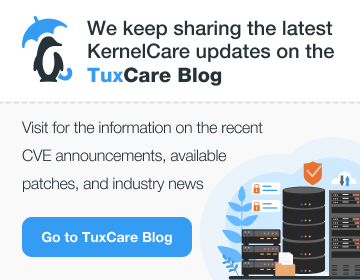






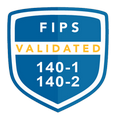
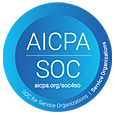
.png)


Comments